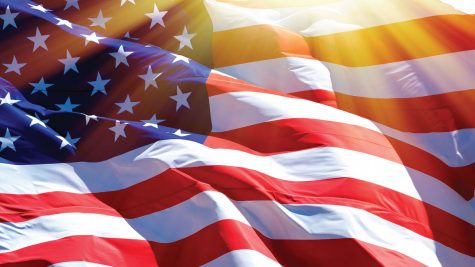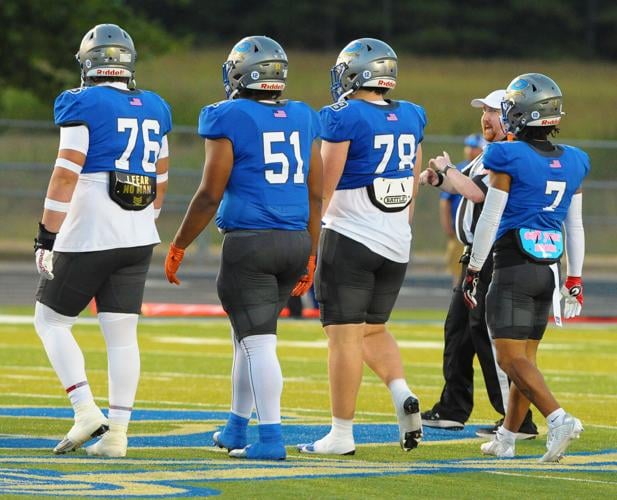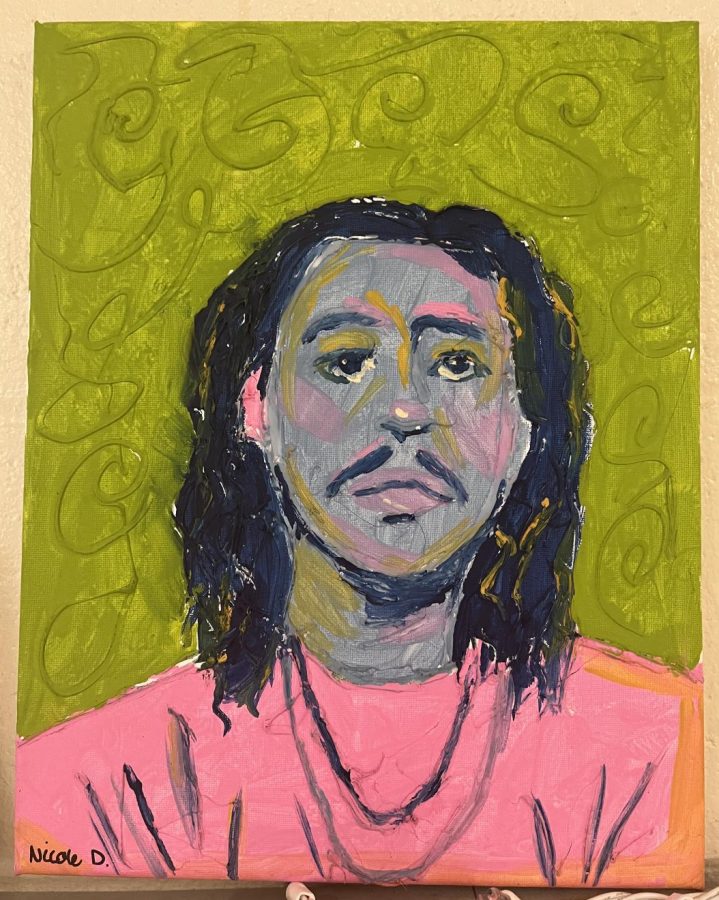American Patriotism: Is It Justifiable to Sit During the Pledge of Allegiance?
The Pledge of Allegiance is recited every morning in schools across the United States. While some have no issue standing and saying this pledge, others cite reasons they choose not to stand. For example, in recent news, there was an incident in which a student was allegedly assaulted by a teacher for refusing to stand for the Pledge. It was ruled in West Virginia State Board of Education v. Barnette in 1943 that making one stand and salute the flag is unconstitutional due to its violation of the first and fourteenth amendments. However, many American citizens would explain that asking students to stand for the Pledge isn’t about the rule of law, rather it is about the rule of respect. This brings to question – is it justifiable to not participate in the Pledge of Allegiance? 
Stone Chaney, the sixth-grade student in Michigan that was allegedly forcefully pulled up out of his seat for not standing during the Pledge, stated that he didn’t stand because, “I don’t pledge to a flag. I pledge to God and family” (Huffington Post). This is just one of the many reasons people cite for not participating in the Pledge. Others opt out of reciting the Pledge because it contains the words “under God,” which some don’t necessarily agree with. However, in 2012, Judge S. Haggerty clarified this, saying, “[the pledge is] clearly designed to inculcate patriotism and to instill a recognition of the blessings conferred by orderly government under the constitutions of the state and nation. The pledge is a voluntary patriotic exercise, and the inclusion of the phrase ‘under God’ does not convert the exercise into a prayer.”
On the opposing side, some believe it is wrong to not stand during the Pledge because it is to honor the people who fight for the freedom and safety of the citizens of the United States. Others would argue that the Pledge of Allegiance has been part of our American culture for over 100 years and the process of saying the Pledge is how society is reminded that our civic duty is to stand as “one Nation” “indivisible” to the threats that seek to weaken America’s pledge of ‘liberty” and “justice for all.” The purpose of the Pledge is to show one’s patriotism and loyalty to this country, which most believe shouldn’t be an optional activity. Drew Elrod, a Government teacher here at Cass High, says, “I do not think it’s justifiable to sit during the Pledge of Allegiance. The flag is greater than any one politician or political party. It represents freedom, liberty, and the great sacrifice of those that fought and died for the rights that we get to enjoy. I count the flag as a symbol of pride and respect for the greatest country in the world – the United States of America!”
This topic is certainly one that evokes passionate feelings on both sides of the issue. Many communities are working to find a solution that is respectful to all and appreciates one another’s beliefs and preferences without resulting in conflict.




















